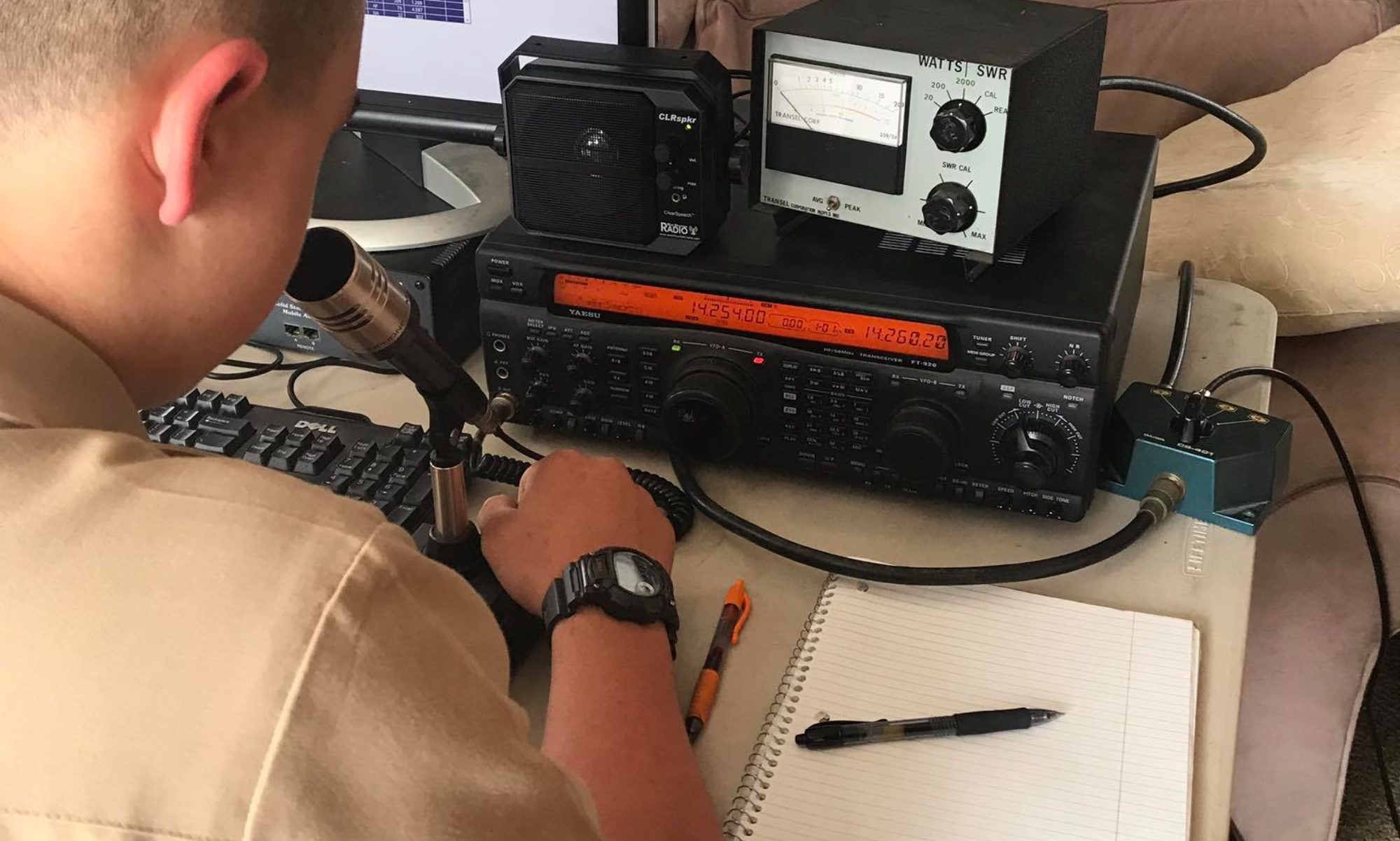Public service communication has been a traditional responsibility of the Amateur Radio Service since 1913. In todays Amateur Radio, disaster work is a highly organized and worthwhile part of day-to-day operation, implemented principally through ARES and the National Traffic System (NTS), both sponsored by ARRL.
The Amateur Radio Emergency Service (ARES) consists of licensed amateurs who have voluntarily registered their qualifications and equipment for communications duty in the public service when disaster strikes. Every licensed amateur, regardless of membership in ARRL or any other local or national organization, is eligible for membership in the ARES. The only qualification, other than possession of an Amateur Radio license, is a sincere desire to serve. Because ARES is an amateur service, only amateurs are eligible for membership. The possession of emergency-powered equipment is desirable, but is not a requirement for membership.
Mission
- Net Management: Recruit and train a sufficient number of operators capable of sustaining 24/7 phone net control operations. Make best use of amateur infrastructure to conduct effective phone net operations, evaluate net traffic and make adjustments to traffic flow as needed, and train operators in proper message handling.
- Club/CERT Liaison: Interface with amateur radio clubs and CERT groups in Johnson County through meetings, email, phone calls, nets and other appropriate means to promote emergency communications and ARES Membership. Encourage clubs/groups to be active in public service and nets; maintain a list of resources that each club/group has and maintain a plan for effective deployment of resources.
- Traffic/NTS Liaison: Maintain a presence within the ARRL National Traffic System (NTS) by regular participation in the DFW Metroplex Traffic Net, and other NTS nets as appropriate. Train members in the proper use of the NTS to include the receipt and initiation of Radiograms and proper procedures for operating in an NTS Traffic Net.
- Technical Coordination (Repeaters): Interface with a technical pool of amateurs that can troubleshoot, install, and maintain non-digital amateur infrastructure, such as FM repeaters and related equipment; plan for the use of portable repeaters; maintain a list of equipment needs and work to fill the list; liaison with repeater owners to ensure repeater resources are available to ARES as needed and provide updated information on non-digital amateur infrastructure.
- Technical Coordination (Digital): Interface with a pool to technical amateurs that can troubleshoot, maintain and install digital amateur infrastructure; plan for the use of digital modes at strategic communications points; leverage current infrastructure and encourage the development of new digital infrastructure to provide emergency communications; provide training on the use of digital modes and advise of equipment needs.
- HF Operations: Identify HF stations capable of emergency operations; provide liaison to NTX Section Nets and other emergency nets, such as Gulf Coast Hurricane net; maintain a list of HF nets and their frequencies; coordinate inbound emergency traffic and outbound H&W traffic.
- Hospital/Medical Operations: Interface with the various hospitals in Johnson County through appropriate means to promote EMCOMM. Work with them to provide a means of communications management and interoperability during times of disaster or public service need.

